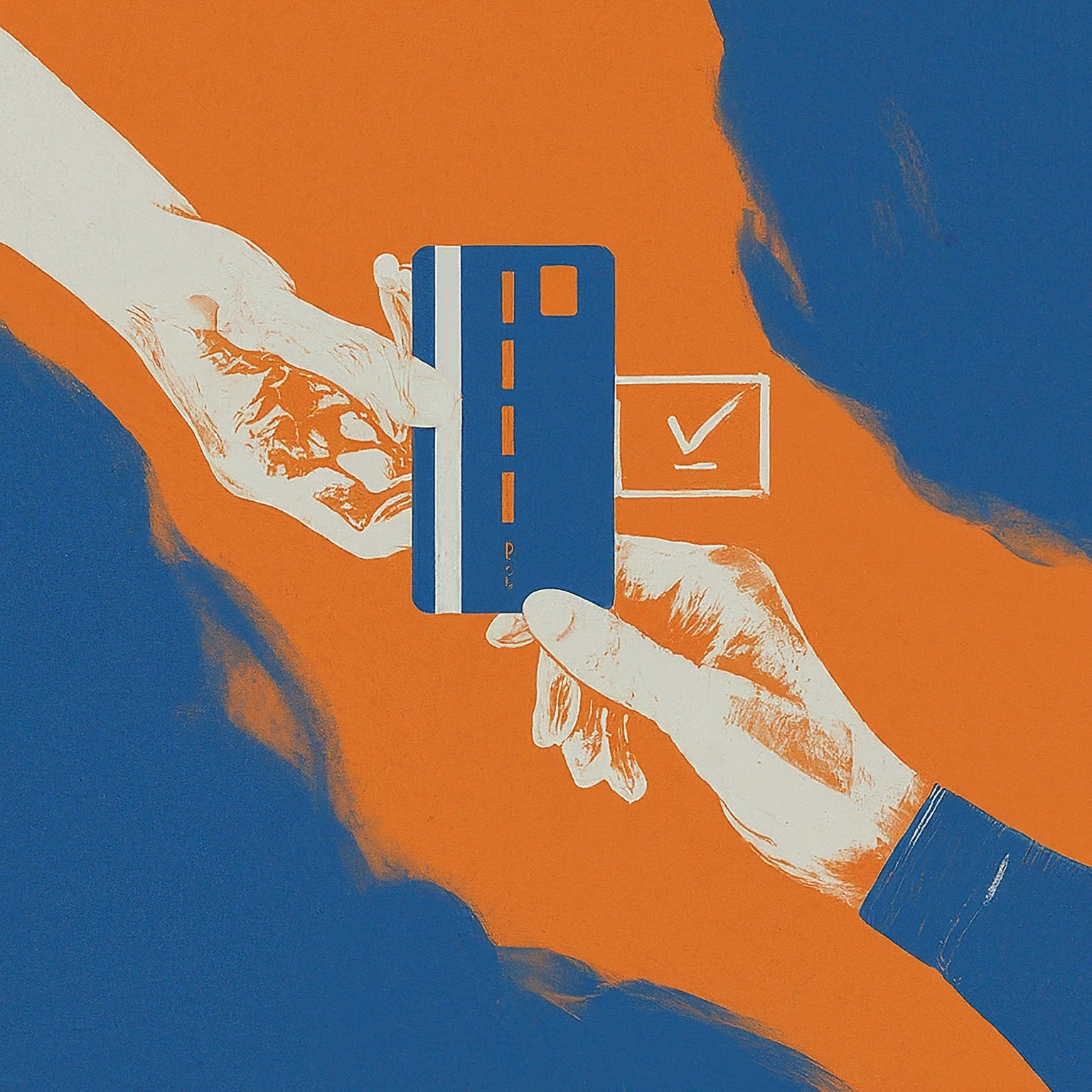Why You Need To Have Multiple Bank Accounts
Having just one account also puts all your...
August 31, 2024

Building good credit is crucial, but it can feel like an uphill battle if you’re just starting out or have made some financial missteps in the past.
Secured credit cards offer a lifeline, providing a way to establish or repair your credit history. Whether you’re a young adult embarking on your financial journey or someone looking to bounce back from past credit issues like missed payments, bankruptcy, or high debt levels, understanding the pros and cons of secured credit cards can help you make an informed decision.
In this article, we’ll dive into the world of secured credit cards, exploring their advantages and drawbacks in detail.
We’ll break down the concepts in simple terms, ensuring that you have a clear understanding of how these cards work, their impact on your credit, and whether they’re the right fit for your financial goals.
One of the biggest advantages of secured credit cards is that they’re designed specifically for people with poor or no credit history. Unlike traditional unsecured credit cards, which require a good credit score (typically above 670) for approval, secured cards are backed by a refundable security deposit.
This deposit, which typically ranges from $200 to $500, acts as collateral, reducing the risk for the card issuer and making it easier for you to get approved, even with a less-than-perfect credit profile or a credit score below 600.
Secured credit cards offer a fantastic opportunity to build or rebuild your credit history from scratch.
As you use your secured card responsibly by making on-time payments and keeping your balance low (ideally below 30% of your credit limit), your credit activity is reported to the major credit bureaus (Experian, Equifax, and TransUnion), just like with any other credit card.
Over time, this positive payment history can help improve your credit score, opening doors to better financial products, lower interest rates, and opportunities in the future.
With a secured credit card, your credit limit is typically equal to the amount of your security deposit. For example, if you put down a $500 deposit, your credit limit will likely be $500.
This built-in spending limit can be a blessing in disguise, as it helps you manage your spending and avoid accumulating debt that could further damage your credit. It also encourages responsible credit usage, as you’ll need to pay off your balance regularly to maintain available credit.
Many secured credit card issuers offer the option to convert your secured card to an unsecured card after a period of responsible use and positive payment history, typically 12-18 months.
This means that you may eventually get your security deposit back and enjoy the benefits of a regular, unsecured credit card without having to reapply or go through another credit check. Some issuers may even automatically review your account for an upgrade once you meet their criteria.
While the security deposit is what makes secured credit cards accessible, it can also be a drawback for some individuals.
Coming up with the upfront cash required for the deposit, which can range from $200 to $500 or more, can be challenging, especially if you’re on a tight budget or have limited savings.
Additionally, having your money tied up in a deposit means you can’t use it for other purposes until you close or upgrade your secured card account.
Secured credit cards typically have lower credit limits compared to unsecured cards. Since your credit limit is determined by the amount of your security deposit, you may find yourself with a limit that doesn’t fully meet your spending needs.
For example, a $300 deposit would likely result in a $300 credit limit, which can be inconvenient, especially if you have larger purchases or emergencies that require more available credit.
Like many credit products, secured credit cards often come with fees and higher interest rates compared to unsecured cards. Common fees include annual fees (typically $25-$50), application fees, and processing fees.
Additionally, interest rates on secured cards can range from 20% to 25% or higher, making it essential to pay your balance in full each month to avoid costly interest charges that can negate the credit-building benefits.
While secured credit cards can be a valuable tool for building credit, they rarely offer the same rewards and perks as their unsecured counterparts. Most secured cards don’t provide cash back, travel points, or other incentives that can make using a credit card more rewarding.
This lack of rewards can be a drawback for those who enjoy maximizing their credit card benefits or offsetting some of the costs associated with using a secured card.
To make the most of your secured credit card and ensure a positive impact on your credit, it’s essential to follow some best practices:
Secured credit cards can be a valuable stepping stone for those looking to build or rebuild their credit from scratch.
While they come with some drawbacks, such as required security deposits, lower credit limits, and potentially higher fees, the opportunity to establish a positive credit history can outweigh these cons for many individuals.
Ultimately, whether a secured credit card is right for you depends on your specific financial situation, goals, and ability to use credit responsibly.
By understanding the pros and cons and following best practices for responsible use, you can leverage these cards to pave the way for a brighter financial future with access to better credit products and opportunities.

Having just one account also puts all your...
Setting goals is one thing, sticking to them...
Savings can help you handle unexpected expenses, achieve...